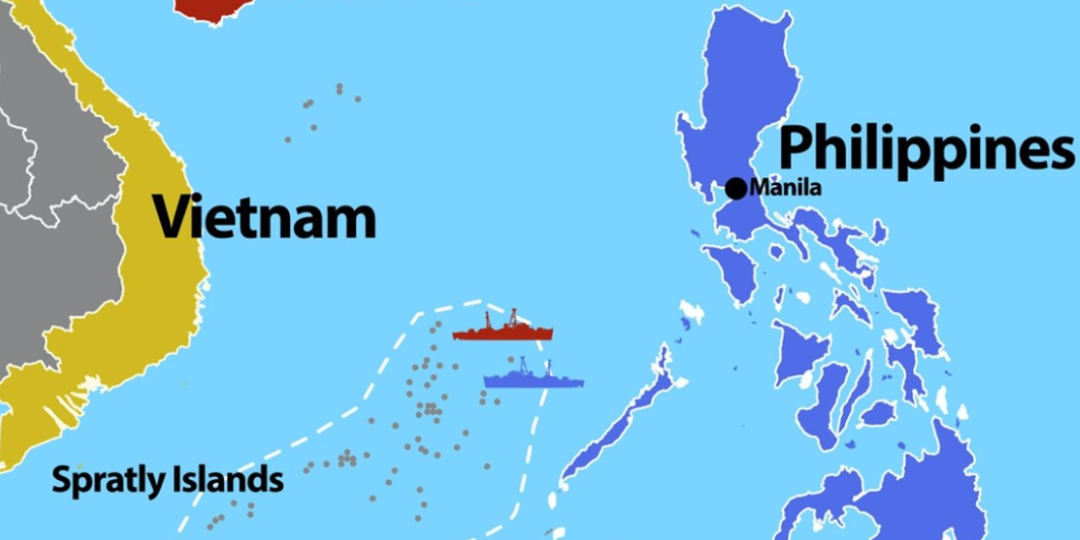Tensions between China and the Philippines in the South China Sea continue to escalate, particularly around the Spratly Islands, a region rich in resources and strategically important for trade.
Monday morning’s collision between Chinese and Philippine coast guard vessels near Sabina Shoal highlights the ongoing confrontations, with both sides blaming each other for the incident.
Apart from the threat to maritime trade on this sea route, regarded as a crucial access way to Taiwan, whose sovereignty isn’t recognised by China, the ocean near the Spratly Islands is believed to contain significant reserves of oil and natural gas.
As a result, it has become a focal point for territorial disputes among several Southeast Asian nations, including the Philippines, Vietnam, and Malaysia.
Following the latest incident at sea, China accused the Philippines of deliberately causing the crash, while the Philippines countered that the Chinese were engaging in aggressive manoeuvres.
This incident is part of a broader pattern of confrontations in the region, particularly around the Second Thomas Shoal, which lies within the Philippines' exclusive economic zone (EEZ) and is a site of ongoing military resupply missions by the government in Manila.
The backdrop to these tensions includes a significant ruling by the Permanent Court of Arbitration in July 2016, which favoured the Philippines in its legal battle against China regarding maritime entitlements in the South China Sea.
The tribunal concluded that China had violated the Philippines' sovereign rights and invalidated China's extensive claims marked by the "nine-dash line" that encompasses most of the South China Sea.
Despite this ruling, China has refused to recognise the tribunal's authority or the decision itself, asserting that it will not be bound by such international legal determinations.
According to Global Conflict Tracker (CFR), the ongoing disputes and military confrontations have serious implications for trade and regional stability.
The South China Sea is vital for global shipping, with a significant portion of the world's maritime trade transiting through these waters. Disruptions due to military tensions could threaten these trade routes, impacting not only regional economies but also global markets.
CFR points out that the US has shown a vested interest in maintaining freedom of navigation in the area, conducting military operations to challenge China's assertive claims.
This involvement could lead to increased tensions and potential conflict, drawing in other regional players like Japan, which has also been enhancing military cooperation with the Philippines and Vietnam.













